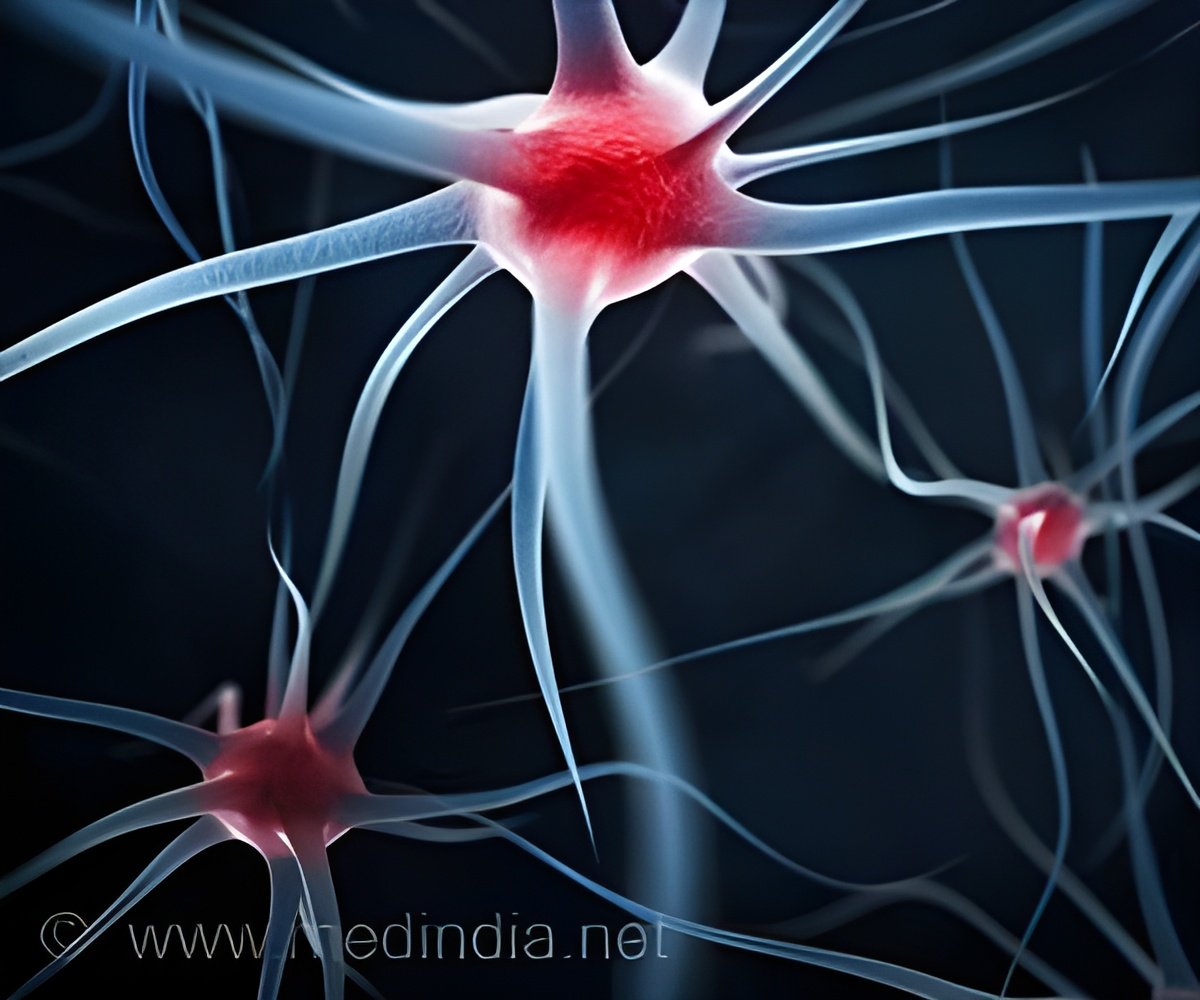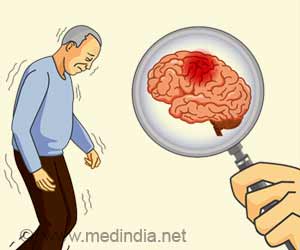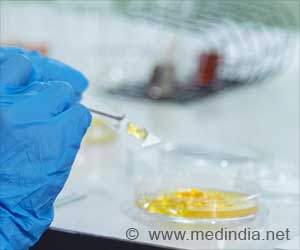
‘Reduced BMP5/7 signaling in neurons contributes to Parkinson’s disease progression. In advanced form Parkinson’s disease, therapies that target the protein BMP5/7 and slow down or stop the progress of Parkinson’s disease.’
Read More..Tweet it Now
Parkinson’s disease affects over one million people in U.S. and 10 million worldwide. Parkinson’s disease causes symptoms like tremors and severe movement impairment due to progressive degeneration of dopaminergic neurons.Read More..
The protein present in all human brains called ‘alpha-synuclein’ misfolds and forms toxic clumps in the cells found to be the main cause of the Parkinson’s disease. Current therapies for Parkinson’s improve symptoms but they are not effective in the advanced stage of illness and they do not slow or cure the disease.
The researchers discovered that BMP5/7 signaling in neurons was significantly reduced in dopamine-producing brain cells, which can contribute to Parkinson's disease progression.
Dr. Claude Brodski, M.D., head of the BGU's Laboratory for Molecular Neuroscience said, “Indeed, we found that BMP5/7 treatment can, in a Parkinson's disease mouse model, efficiently prevent movement impairments caused by the accumulation of alpha-synuclein and reverse the loss of dopamine-producing brain cells. These findings are very promising, since they suggest that BMP5/7 could slow or stop Parkinson's disease progression. Currently, we are focusing all our efforts on bringing our discovery closer to clinical application.”
Dr. Galit Mazooz Perlmuter, senior vice president of business development, bio-pharma at BGN Technologies said that there is a need for new therapies for the treatment of Parkinson’s disease specifically for the treatment of advanced stages of the disease.
Advertisement
Source-Medindia










